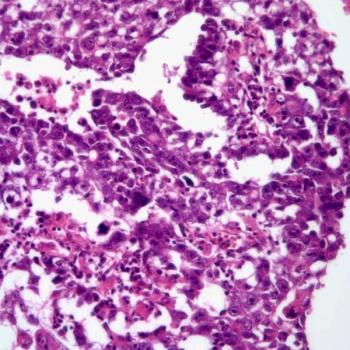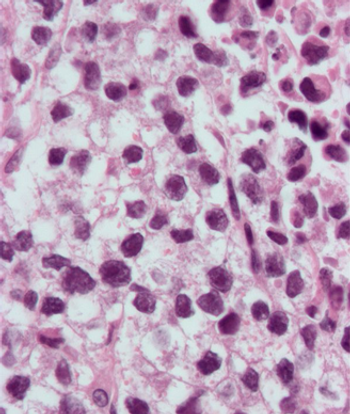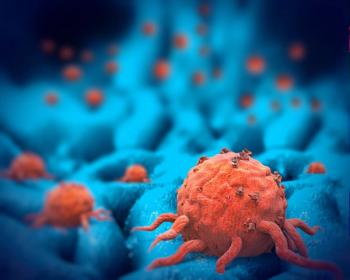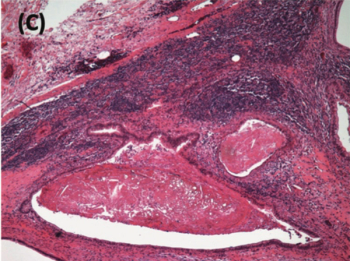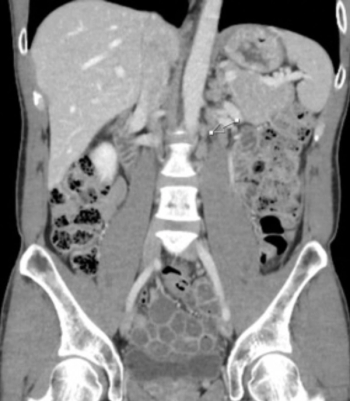
Oncology NEWS International
- Oncology NEWS International Vol 15 No 9
- Volume 15
- Issue 9
Social Factors Impact Interest in Genetic Testing for Cancer
A new study suggests that most members of families affected by familial testicular cancer would be interested in a genetic test for the disease if one existed. However, social factors significantly affect the degree of interest.
WASHINGTONA new study suggests that most members of families affected by familial testicular cancer would be interested in a genetic test for the disease if one existed. However, social factors significantly affect the degree of interest. The study is the first to look at hypothetical interest in genetic testing for familial testicular cancer.
"The majority of participants in families with multiple cases of testicular cancer expressed interest in having a genetic test within 6 months, should such a test become available," said Jennifer Loud, MSN, CRNP, of the National Cancer Institute's Division of Cancer Epidemiology and Genetics, who presented the findings at the International Union Against Cancer's World Cancer Congress (abstract 86-28).
The researchers, led by NCI's June Peters, CGC, evaluated the interest in a hypothetical genetic test among 229 family members, including 64 men who were survivors of familial testicular cancer, 66 unaffected men, and 99 women. The participants came from 47 families with multiple cases of the disease. They found that the majority (66%) would be interested in a genetic test if one became available in the next 6 months. Affected men, unaffected men, and women all had the same level of interest.
But participants were significantly more likely to be interested if they were younger and had high levels of social support. A physician recommendation was also associated with greater interest in testing as was "cancer distress," as measured by the Lerman Cancer Worry Scale and the Impact of Events Scale. And participants who felt a need for information to guide the health care of children were also more likely to be interested in genetic testing. On the other hand, concern about insurance discrimination was significantly associated with lower levels of interest.
The authors conclude that most family members would be interested in a genetic test. "With this is mind, there will continue to be a need for genetics education for health care providers to improve their abilities to identify high-risk individuals and families and to actively collaborate with genetics professionals in the risk management of this special population," Ms. Loud said.
The researchers next plan to look at the participants' knowledge about testicular cancer and genetics. They also continue to participate in the International Testicular Cancer Linkage Consortium's effort to map a testicular cancer gene in familial testicular cancer.
Articles in this issue
over 19 years ago
Exjade Gains Approval in EUover 19 years ago
President's Cancer Panel Assesses Progress in Two Areasover 19 years ago
Cognitive Rx Reduces Depression in Breast Ca Ptsover 19 years ago
Nurses Develop Evidence-Based Guidelines for Mucositisover 19 years ago
Anastrozole Therapy for Breast Cancer Affects Bone Healthover 19 years ago
Is Demand for Trial Subjects Outpacing Supply?over 19 years ago
Postchemo Disappearance of Liver Mets Doesn't Mean Cureover 19 years ago
Aromasin-Related Bone Loss Affected by Vitamin D LevelsNewsletter
Stay up to date on recent advances in the multidisciplinary approach to cancer.


